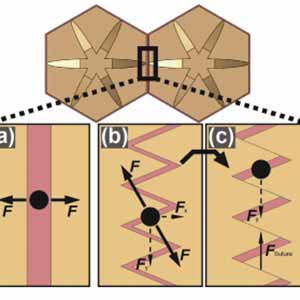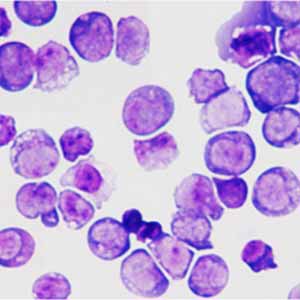Genetic Adaptation Keeps Ethiopians Heart-Healthy Despite High Altitudes
Ethiopians have lived at high altitudes for thousands of years, providing a natural experiment for studying human adaptations to low oxygen, a condition known as hypoxia. One factor that may enable Ethiopians to tolerate high altitudes and hypoxia is the endothelin receptor type B (EDNRB) gene. Researchers at University of California, San Diego School of Medicine now find that mice with lower-than-normal levels of EDNRB protein are remarkably tolerant to hypoxia.















